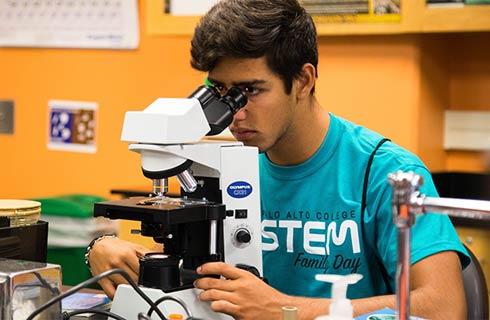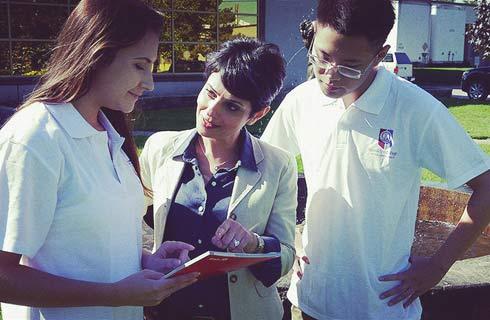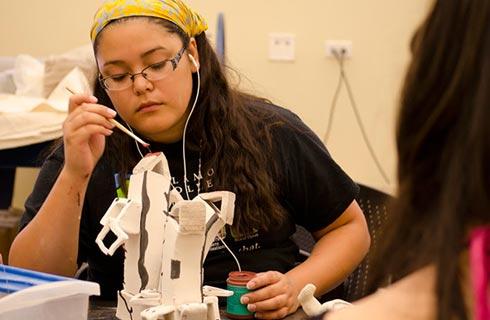- IDP China>
- 课程库>
- 人文科学>
- 家庭与消费科学>
- 人类发展,家庭研究和儿童保育>
- Bachelor of Professional Studies - Early Intervention Specialist
专业研究学士-早期干预专家
Bachelor of Professional Studies - Early Intervention Specialist

学历文凭
Bachelor Degree

专业院系

开学时间

课程时长

课程学费

国际学生入学条件
Required Transcripts: Applicants must arrange for the Office of Undergraduate Admissions and Orientation to receive official copies of academic records of the applicant’s attendance at secondary school, college, university, and professional institutions of learning. These transcripts must be sent directly from the high school or college to the University of Memphis. An exception is made for those who hold the bachelor’s degree or its equivalent in that they need not send their secondary school records. Records should list the subjects studied and the grade, mark, or other evidence that each individual subject was completed to the satisfaction of the authorities in charge. If it is impossible for the school to send us an official copy, copies certified by an official at the American Embassy or a known world organization may be acceptable. All records must be in English. Since certificates and records filed for examination are not ordinarily returned, applicants should send certified copies if the documents in question cannot be easily replaced.
Freshman Test Required: Applicants to the first year undergraduate level must submit scores on the Scholastic Aptitude Test (SAT) or the American College Testing Program (ACT). These tests are available only in English. All test scores should be sent directly from the testing agency or the high school to the University of Memphis.
Required Test of English Proficiency, for Non-English Speaking Applicants: All applicants whose native language is not English or their primary education was not taught in English must demonstrate English proficiency. The Test of English as a Foreign Language (TOEFL) or the International English Language Testing System (IELTS) are the standard methods to satisfy the English proficiency requirement. All other methods should be approved by the Office of Admissions and Orientation. The minimum overall TOEFL score considered for undergraduate admission to the University of Memphis is sixty-one (61) on the internet-based test (iIBT) or five hundred (500) on the paper-based test (PBT). The equivalent score on the IELTS is a six (6). TOEFL information may be obtained by writing: TOEFL, Educational Testing Service, Princeton, New Jersey, 08540, U.S.A. IELTS information may be found at their website https://www.ielts.org. All test scores must be sent directly from the testing agency to the University of Memphis.
Outstanding high school students who have completed the sophomore year may be admitted and register for one college course per term of enrollment concurrently provided they supply evidence of the following:
IDP—雅思考试联合主办方

雅思考试总分
6.0
- 雅思总分:6
- 托福网考总分:61
- 托福笔试总分:500
- 其他语言考试:NA
CRICOS代码:
申请截止日期: 请与IDP联系 以获取详细信息。
课程简介
早期干预专业研究学士学位(0-2岁)专注于认识联邦IDEA早期干预立法(0-2岁)在C部分领域提供教学和/或服务协调的独特性。学生将通过协助家庭适应日常活动和活动来支持儿童(0至2岁)的学习和互动,学习如何促进看护者与儿童的互动。此外,还将向学生介绍成人学习方法,以支持看护人并了解文化多样性如何影响家庭互动和行为。该方案旨在反映幼儿保育委员会特别委员会制定的专业标准。这些标准是计划质量的关键指标,包括:联邦IDEA C部分要求,各个领域婴幼儿发展和学习的典型和非典型模式,跨领域发展的功能评估,三到三个人口
The Bachelor of Professional Studies in Early Intervention (ages 0-2) focuses on recognizing the uniqueness of the provision of instruction andor service coordination in the field of Part C the Federal IDEA legislation for early intervention (ages 0-2). Students will learn how to promote caregiver-child interaction by assisting families to adapt routines and activities to support children’s (ages 0-2) learning and interaction. In addition, students will be introduced to adult learning approaches to support caregivers and understand how cultural diversity affects family interactions and practices. This program is designed to reflect professional standards set forth by the Council for Exceptional Children Division of Early Childhood. These standards are critical indicators of program quality and include: Federal IDEA Part C Requirements; Typical and atypical patterns of infant and toddler development and learning in all areas; Functional assessment of development across domains; Developmental disabilities in the birth-to-three population; and Specialized instructional strategies to help young children (ages 0-2) learn.
The Bachelor of Professional Studies in Early Intervention (ages 0-2) focuses on recognizing the uniqueness of the provision of instruction andor service coordination in the field of Part C the Federal IDEA legislation for early intervention (ages 0-2). Students will learn how to promote caregiver-child interaction by assisting families to adapt routines and activities to support children’s (ages 0-2) learning and interaction. In addition, students will be introduced to adult learning approaches to support caregivers and understand how cultural diversity affects family interactions and practices. This program is designed to reflect professional standards set forth by the Council for Exceptional Children Division of Early Childhood. These standards are critical indicators of program quality and include: Federal IDEA Part C Requirements; Typical and atypical patterns of infant and toddler development and learning in all areas; Functional assessment of development across domains; Developmental disabilities in the birth-to-three population; and Specialized instructional strategies to help young children (ages 0-2) learn.
相关申请
 预科
预科 奖学金
奖学金 实习机会
实习机会 在校学习
在校学习 跨境学习
跨境学习 校园授课-线上开始
校园授课-线上开始 在线/远程学习
在线/远程学习
开学时间&学费
学费信息仅供参考,请与IDP联系以获取详细信息
| 开学时间 | 时长 | 学费 | 地点 |
|---|
本校相关课程
其他相关课程

荣誉儿童发展学士
 圣力嘉学院
圣力嘉学院学历文凭
Bachelor Degree with Honours
开学日期
课程费用总额


儿童和青少年保健高级文凭
 尼亚加拉学院
尼亚加拉学院学历文凭
Bachelor Degree
开学日期
课程费用总额

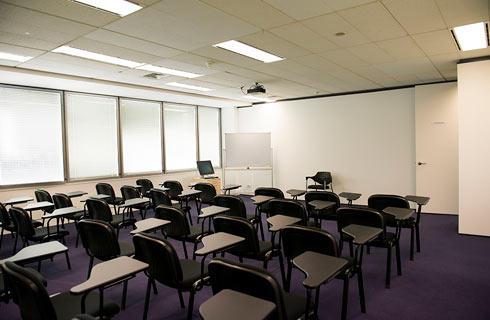
儿童和青少年保健高级文凭
 凯布莱恩学院
凯布莱恩学院学历文凭
Bachelor Degree
开学日期
课程费用总额

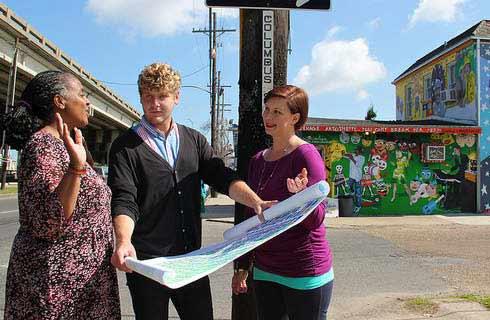
社区服务和儿童研究基金会证书
 德恒学院
德恒学院学历文凭
Bachelor Degree
开学日期
课程费用总额


社会工作学士-儿童福利
 菲莎河谷大学
菲莎河谷大学学历文凭
Bachelor Degree
开学日期
课程费用总额


儿童福利证书
 北不列颠哥伦比亚大学
北不列颠哥伦比亚大学学历文凭
Bachelor Degree
开学日期
课程费用总额










 美国
美国


